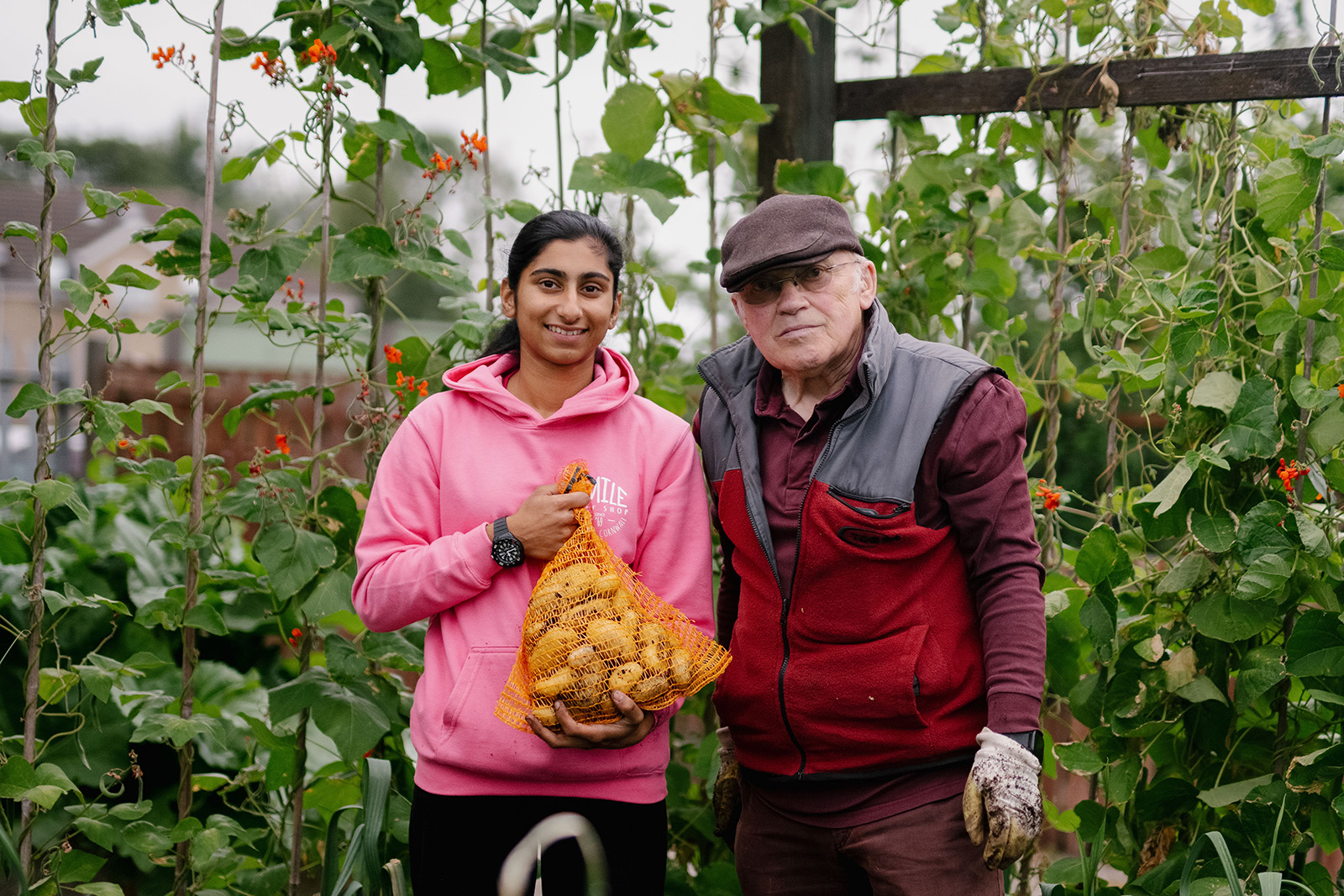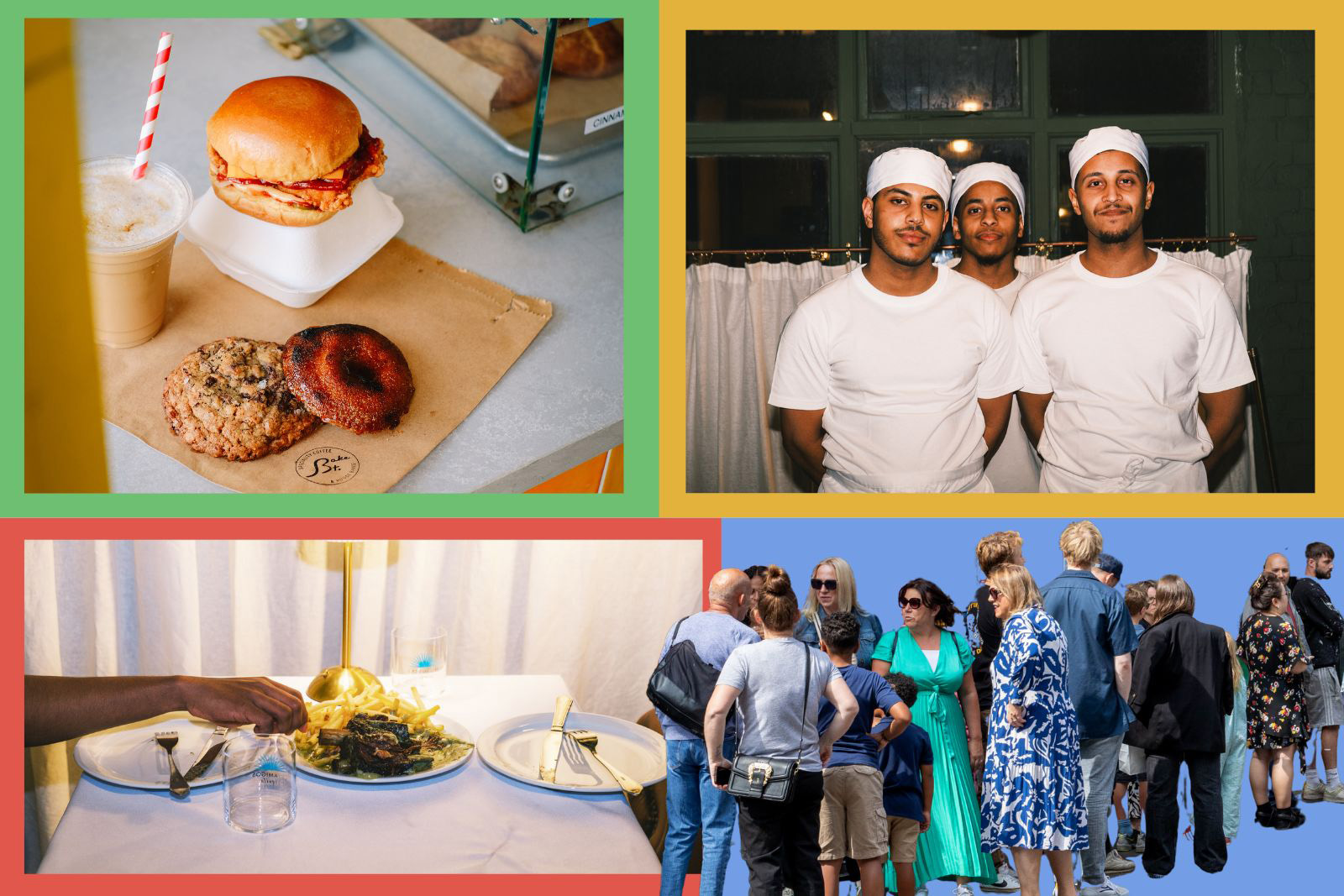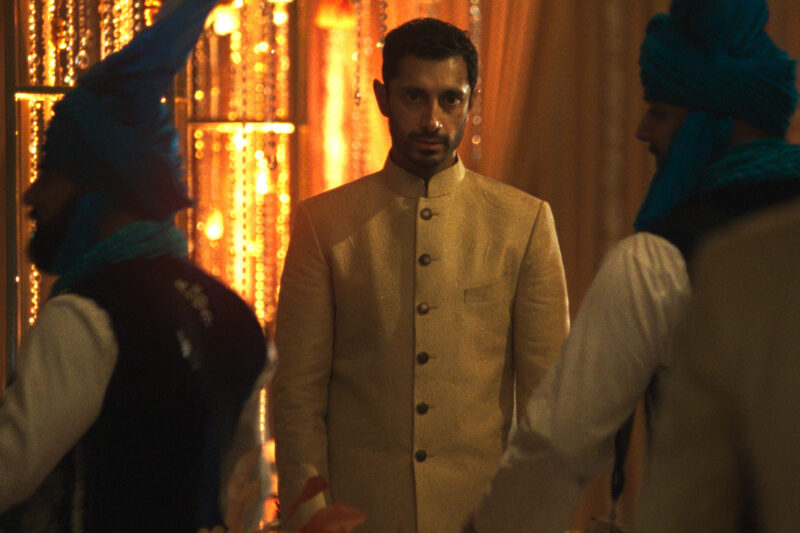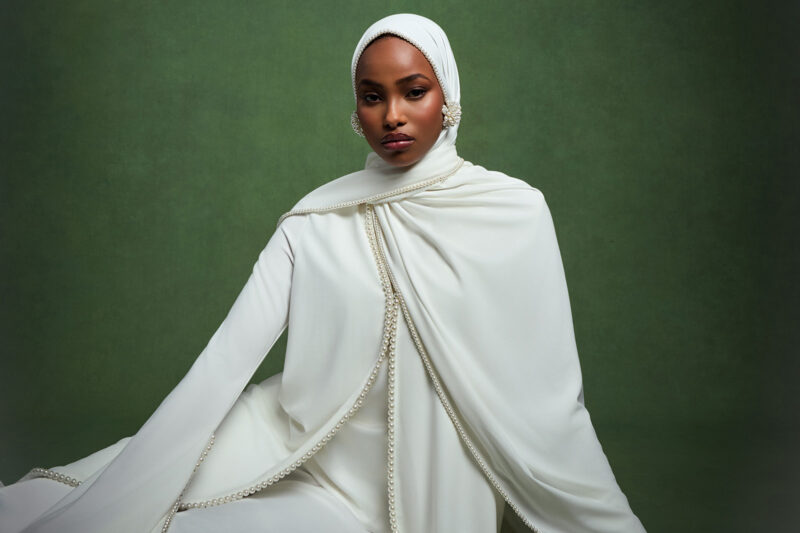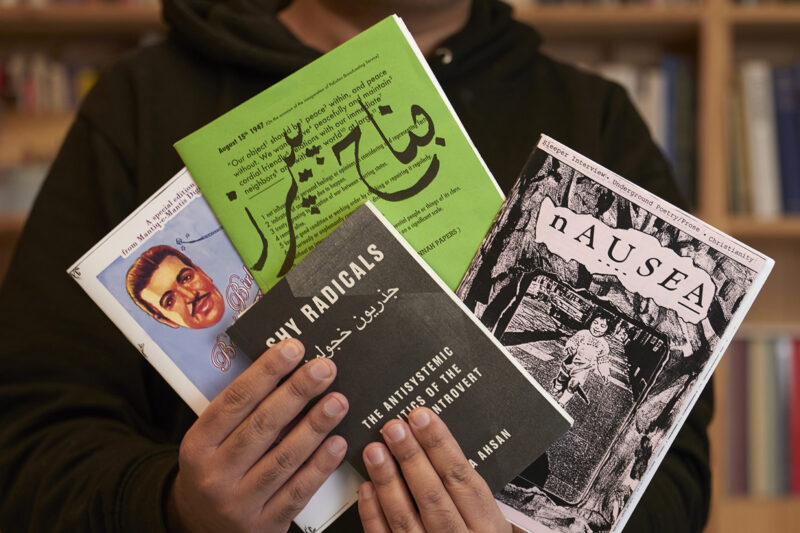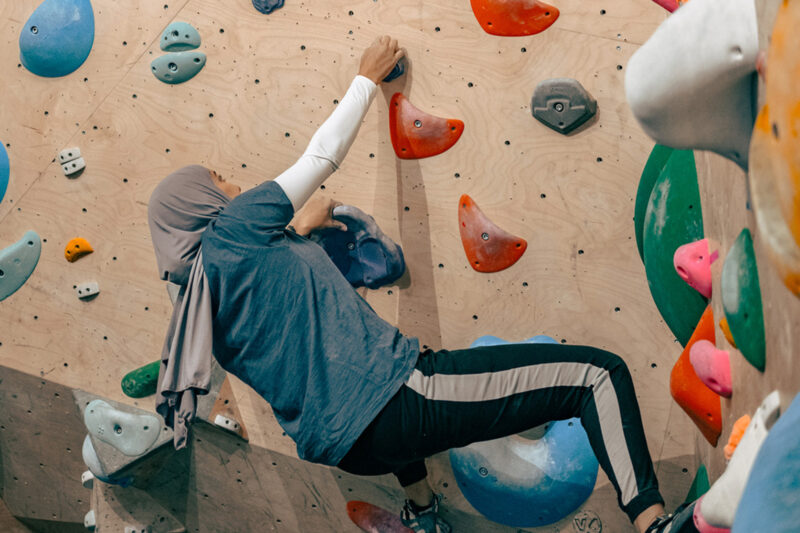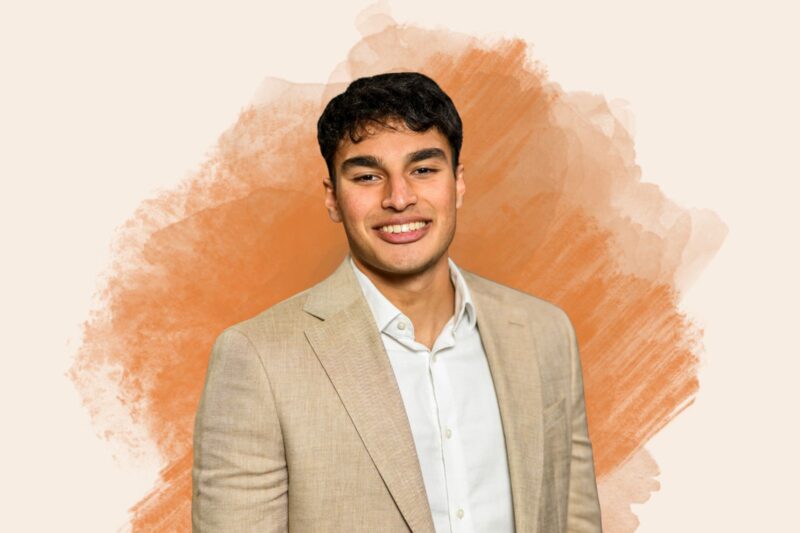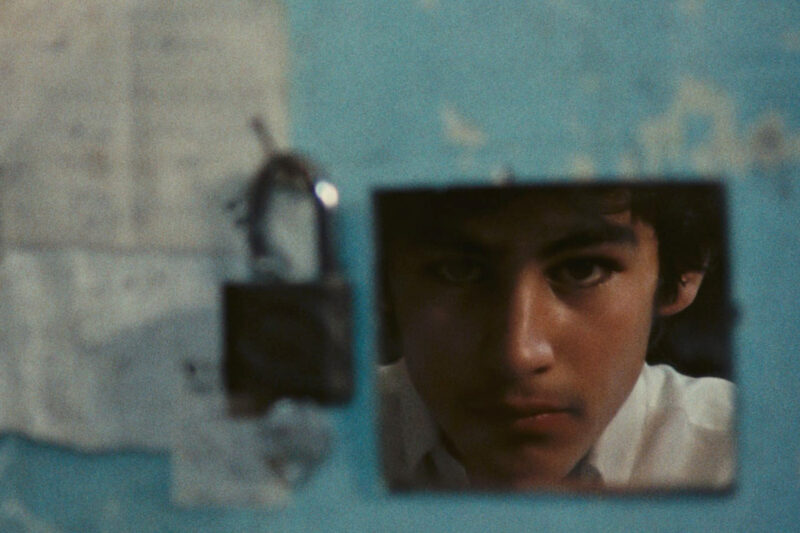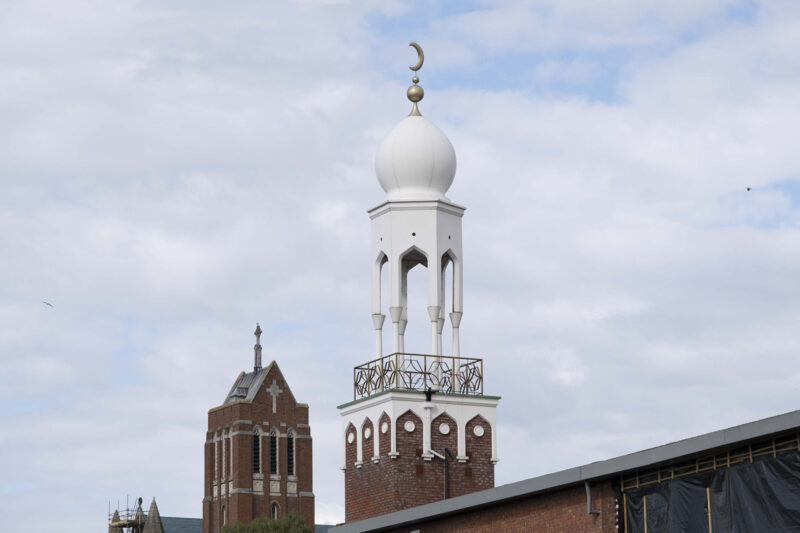‘It’s very difficult to be outwardly Muslim’: why women are finding freedom in a viral scream club
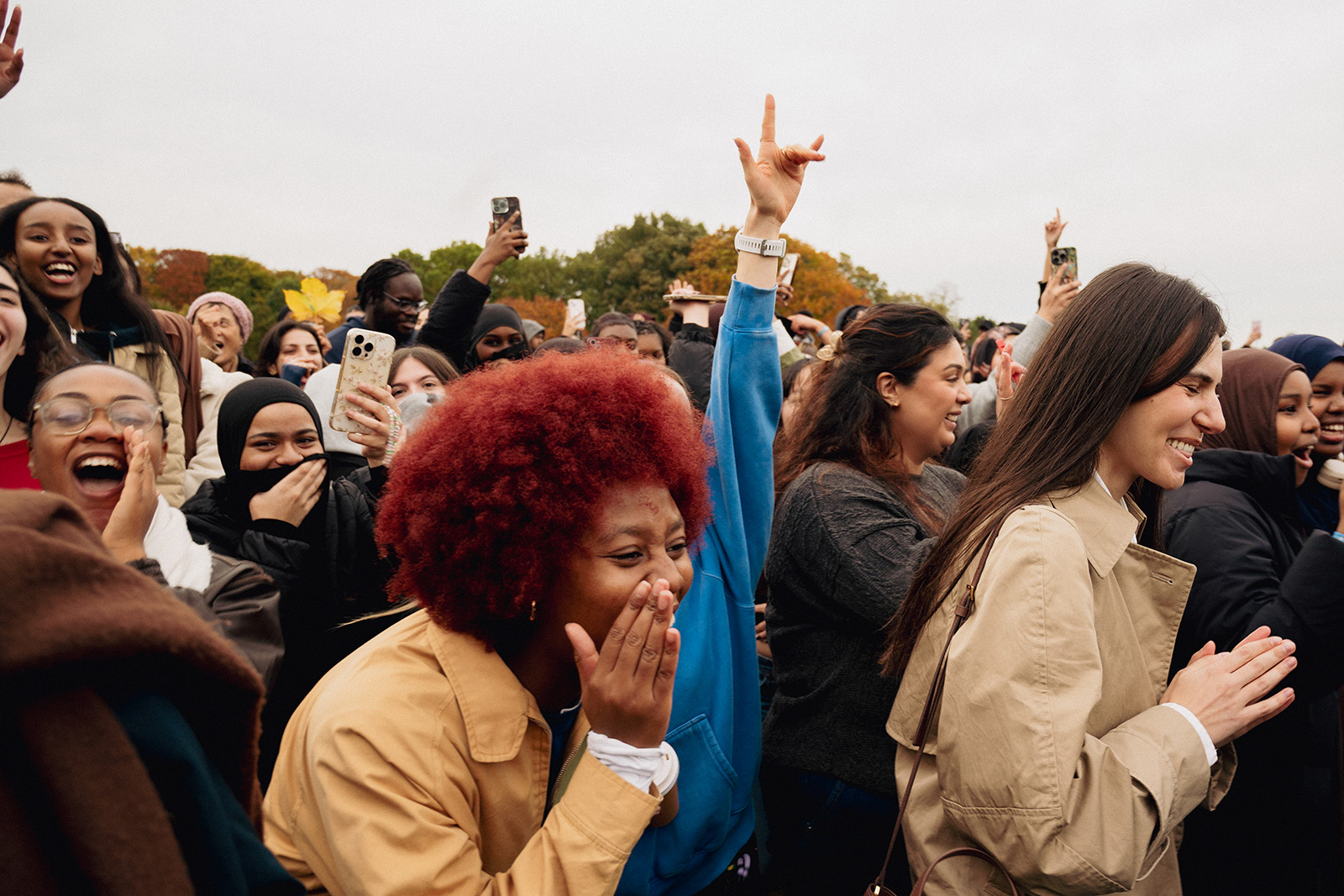
People are gathering in public spaces to let out a big scream. Some see it as part of a broader movement in which Muslim women are reclaiming how they express themselves
Mona Sharif first heard about the idea of a “scream club” on TikTok. Some Somali girls in Minnesota were letting off steam by screaming in public. Their short, humorous videos had gone viral. Sharif laughed at the absurdity of it, then something clicked. “This is so you,” a friend texted her. Within days, the 26-year-old was planning a London version of the event for her growing online audience of a few thousand followers on Instagram.
The first gathering on 10 October was a surprise success. Dozens arrived in London’s Primrose Hill, unsure of what to expect, until Sharif called for silence, led a short countdown and the crowd erupted in one long, collective scream.
On a chilly Saturday afternoon a week later, people begin to gather on Parliament Hill in Hampstead Heath for the second London Scream Squad event. Most of the early arrivals are women, many in hijabs and abayas, gathering on the open grass, chatting quietly. Some have come with friends, others alone, all drawn by the same impulse to let out stress and to find a small pocket of community and friendship amid the vast anonymity of the city.
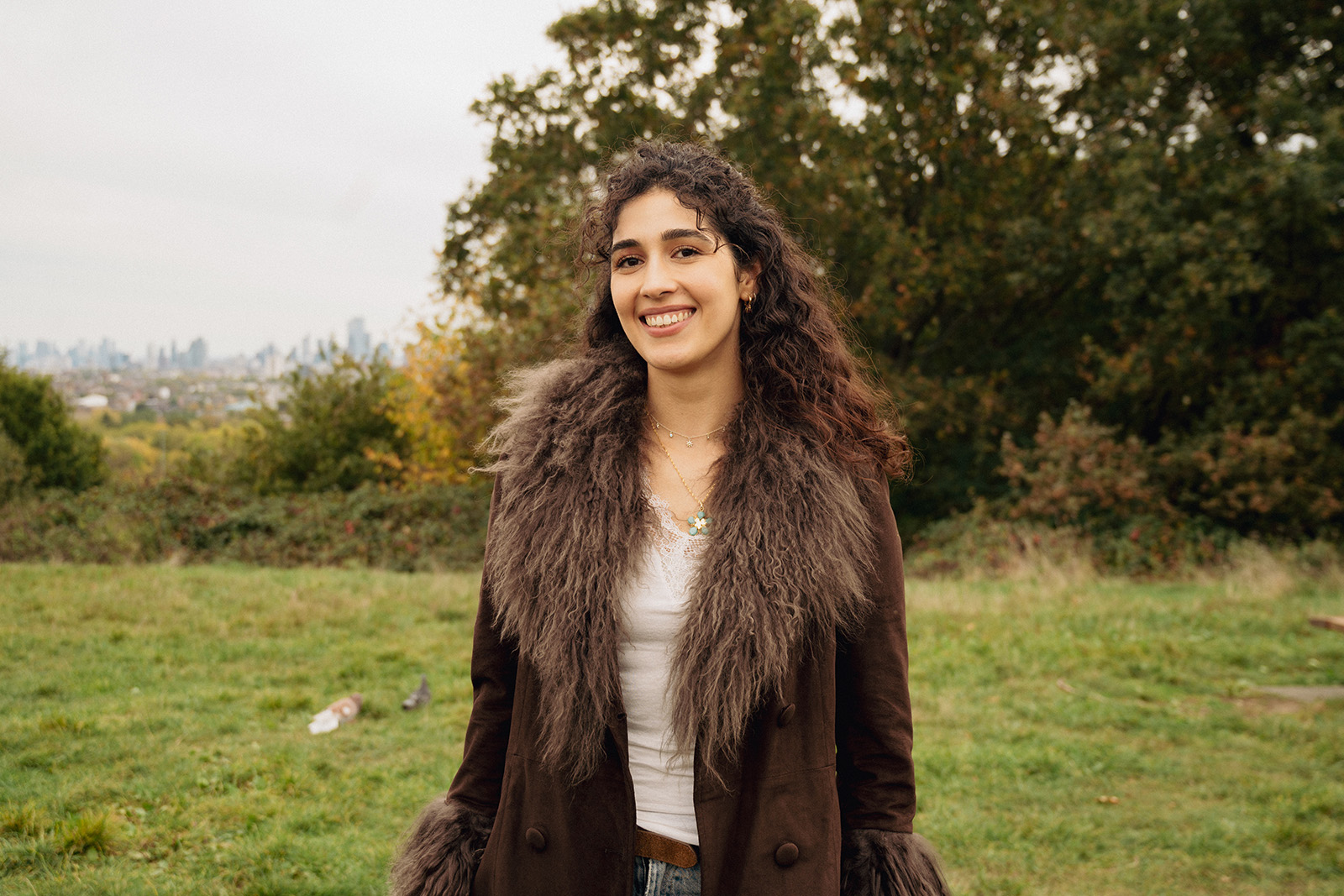
“I didn’t expect so many Muslim women to come out,” Sharif says. “But maybe it makes sense. We don’t often get spaces to just exist, be loud, and not be judged.” She believes that what began as a playful social media experiment has tapped into something more urgent. “Underneath the fun, there’s an underlying reason people have attended, which is to let out a lot of hurt, emotional distress and frustration with our current situations.”
For attendees like Asia Khatun, a Bengali Muslim poet and author, the appeal of the club was immediate. “It’s very difficult to be outwardly Muslim,” she explains. “I’m a hijabi. I’m also brown and with the rise of authoritarianism in Europe and seeing all the riots in the past year from the far right, you kind of don’t feel as safe as you used to. When you have community spaces like this, amongst people from similar backgrounds or political views, it’s always special.”
For some Muslim women and others who may feel that they navigate society on the margins, the club offers a rare chance to step away from the constant scrutiny of daily life. “In Britain today you’re constantly reminded that you’re the other,” says Khatun. “When you have the identity that I do as a Muslim, you’re always grappling with belonging,”
Khatun describes the event as part of a broader movement in which Muslim women in London are reclaiming a sense of belonging and authorship over how they live and express themselves. “I think there’s a lot of cultural and community spaces being designed and fostered at the moment by Muslim women, particularly, as we’re in a time where a lot of us have more economic agency and social mobility and it’s great to see,” she says.
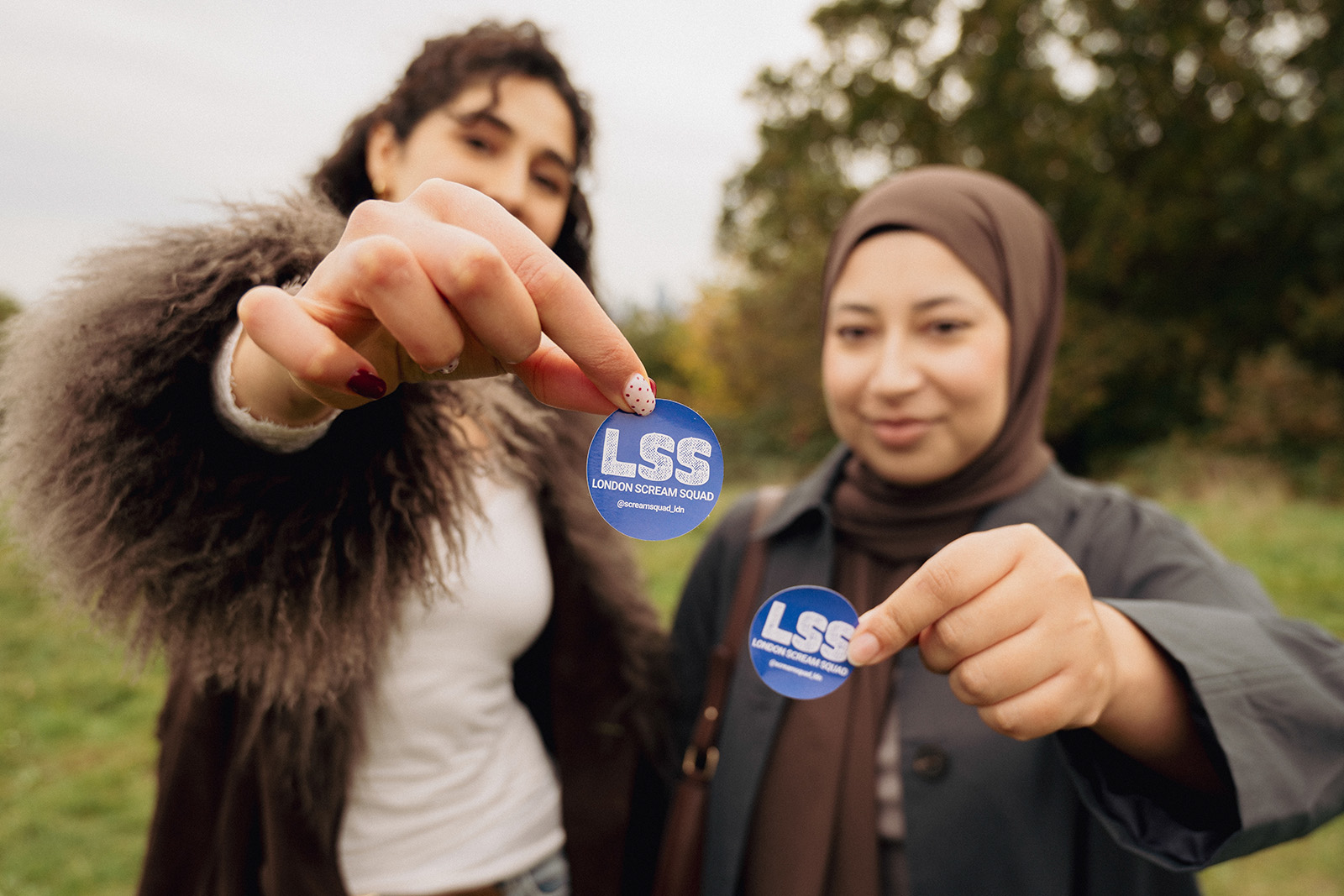
Sharif’s presence as an organiser of the club lends a sense of familiarity and reassurance to the crowd. As one group of Muslim attendees tells me: “The person that’s organising this, and the figure for it, is an Iraqi woman, which is really close to our heritage. It makes us feel a bit more welcome, a bit more open, so we don’t feel like it’s a hostile environment for us as young, Muslim women.”
Mindful of the diversity and of her audience, Sharif was conscious to make sure the event felt inclusive for all. “Although I grew up Muslim, I don’t talk about my personal religion online. I think I’m more of a representation of being a woman and a woman of Iraqi heritage and Arab heritage,” she says. “But it is very heartwarming to hear that people are saying that I am a great welcomer and messenger for this movement for the Muslim community.”
Sharif’s instinct is to not overexplain the scream club, allowing attendees to engage freely and on their own terms, ultimately letting people decide for themselves what it’s all about. “It’s for anyone and everyone. A lot of people came out today, especially women of Muslim descent, but so did young men, Muslim and some not, and I think that’s amazing people could come out together,” she adds.
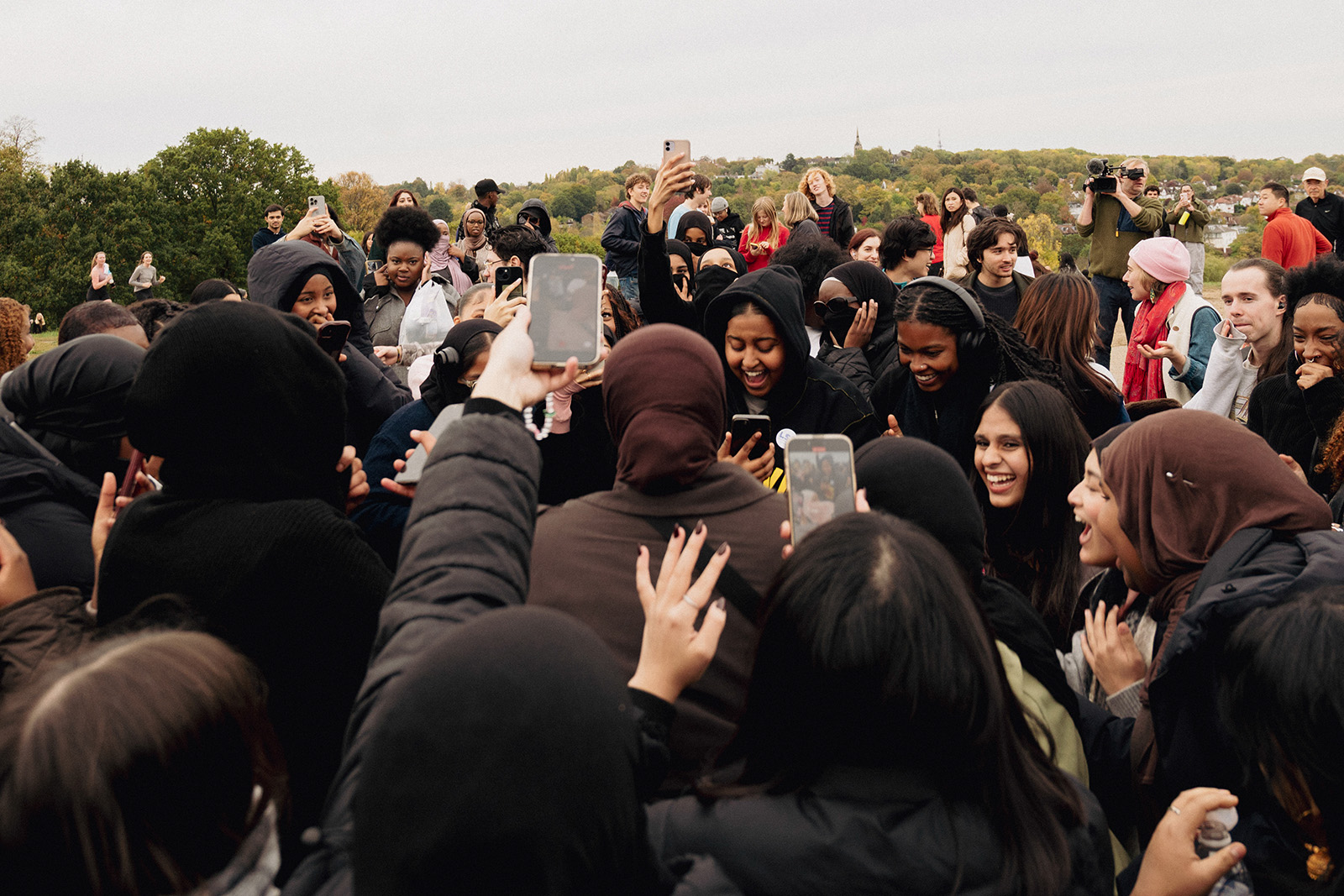
When the screams and the noise subside after just a few minutes, people linger in loose circles, faces still flushed with adrenaline. Lauren Kira has come alone, as has Rifa Uddin, but by the end of the afternoon and the 15-minute-long shout, the two struck up a friendship, chatting and laughing together. “It’s like you leave lighter. You don’t realise how much you’re carrying until it’s gone,” says Uddin.
Watching the crowd, Kira notices who the event seems to speak most clearly to. Though not Muslim herself, she observes the power of their participation: “That demographic of people typically are the ones silenced the most. And then they come out today and reclaim space by screaming, it’s powerful,” she says.
“I just think there’s so much that we can get out of clubs like this, and people need to keep pushing for community rather than isolating themselves,” Sharif adds. “As much as this is an amazing outlet, its essence is community. I genuinely believe that community is the only way we can heal a lot of our problems in the world.”
Building on that principle, she hopes to expand the concept, planning more inclusive events that give people the simple luxury of being heard.
 Newsletter
Newsletter


